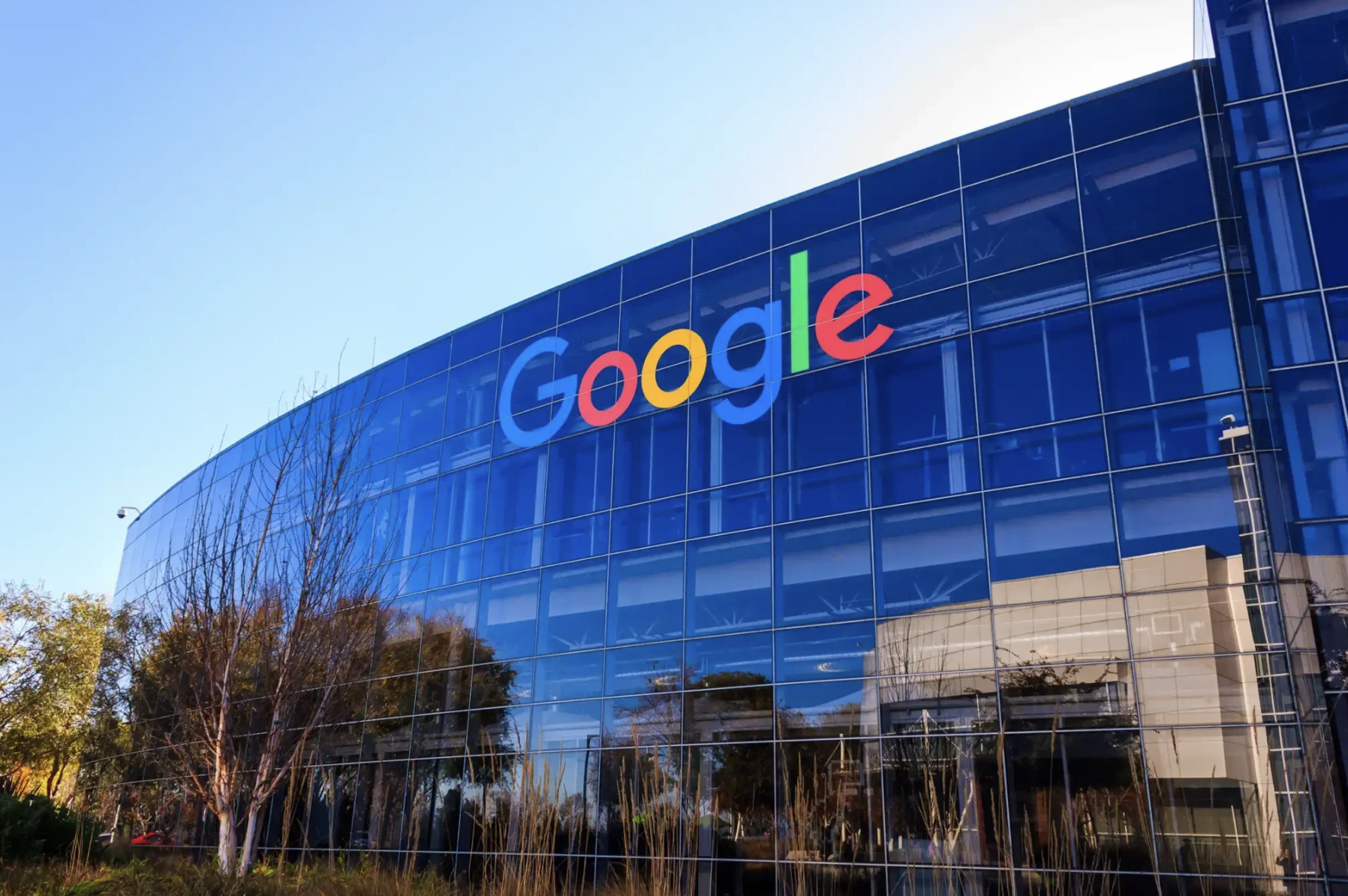
Don’t let Chrome’s major redesign divert your attention from the fact that Chrome is introducing a pervasive new advertising platform, curiously named the “Privacy Sandbox,” which is receiving a widespread rollout today. If you haven’t been keeping up with this development, this feature will monitor the web pages you visit and compile a list of advertising topics to share with web pages when they request it. Importantly, it’s integrated directly into the Chrome browser. Previously, it was known as “FLoC” and then the “Topics API.” Despite encountering significant opposition from nearly everyone except advertisers worldwide, Google, being the owner of Chrome and one of the world’s largest advertising companies, is pushing this into production builds.
Google appears to acknowledge that this won’t be met with enthusiasm. In contrast to the prominent Google blog post showcasing the redesign, the major ad platform launch announcement is discreetly tucked away on the privacysandbox.com page. The blog post states that the ad platform is now in “general availability,” signifying that it has been rolled out to most Chrome users. This has been a long time in the making, with the APIs being introduced about a month ago and numerous incremental steps in the beta and developer builds. However, now it’s officially implemented.
Soon, users should encounter a pop-up notification when launching Chrome, informing them that an “ad privacy” feature has been enabled. This pop-up has been appearing for users throughout the week. As evident from the pop-up, all of Google’s documentation about this feature appears to be counterintuitive, with Google dubbing the browser-based advertising platform “a significant step towards a fundamentally more private web.”
The argument put forth is that someday—although not at present—Google pledges to disable third-party tracking cookies in Chrome, and the new ad platform, with certain limitations, is deemed superior to the existing third-party cookie situation. Notably, third-party cookies mainly impact Chrome users, as Apple and Firefox have already been blocking them for years and have no plans to adopt Google’s new advertising system. This entire process was triggered by Apple’s move to block third-party cookies in Safari back in 2020. While this was a victory for privacy, Google is only following suit when it can ensure the security of its advertising business. The Federated Learning of Cohorts and now the Topics API are part of an effort to present an “alternative” tracking platform, with Google arguing that an alternative is necessary to avoid complete surveillance. The Electronic Frontier Foundation also expressed its concerns, labeling Google’s FLoC as a “terrible idea” and stating that the choice should not be between ‘old tracking’ and ‘new tracking,’ but rather imagining a world without the multitude of issues associated with targeted ads.
Chrome now includes controls for managing this within the browser. Simply go to Chrome Settings, then navigate to “Privacy and Security,” followed by “Ad privacy” (or enter “chrome://settings/adPrivacy” in the address bar). Here, you can access each of the three individual pages and disable the top checkbox. With just six clicks, you can presumably disable the ad platform. If left enabled, you can explore the “Ad topics” page, where Google will display the ads it believes align with your interests. This list is shared with advertisers when you visit a webpage.
Google has announced plans to block third-party cookies in the second half of 2024, likely after ensuring that the “Privacy Sandbox” can sustain its profits. Did any user actually desire a user tracking and ad platform seamlessly integrated into their browser? Probably not, but this is Google, they control Chrome, and this change probably won’t drive people to switch to Firefox.
